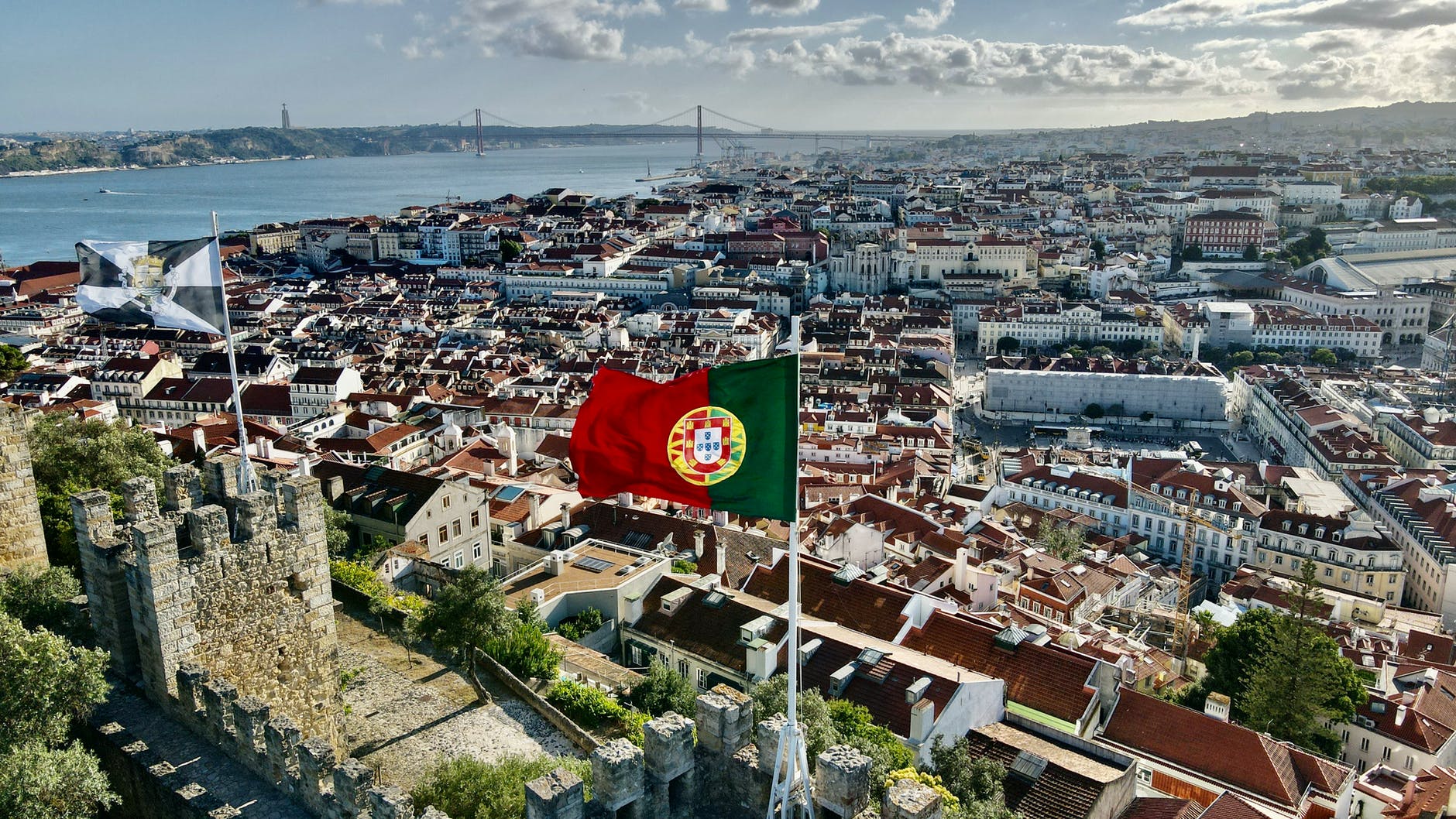Portugal has hosted the worldwide tech event Web Summit for the past five years, so it’s only natural that it would be at the forefront of Europe’s digital development. However, at a time when the climate problem is the most important issue, addressing environmental concerns has become critical to how the country uses technology to achieve its digital goals.
“Investing in digital technologies is, of course, the way to speed the green transition,” Pedro Siza Vieira, Portugal’s Minister of State for the Economy and the Digital Transition, told Euronews Next at Web Summit in Lisbon. “They [digital technologies] assist you in better managing resources, better using water, and managing complex energy networks,” he explained.
“The more the penetration of renewables, the more decentralized self-consumption in your homes or enterprises, the greater the necessity for digital technologies.” Portugal has made significant investments in renewable energy, including new solar and floating wind farms, since 2015. Currently, renewable energy accounts for almost 65 percent of all electricity consumed in the country.
“I believe we have a very high penetration of renewable electricity,” Siza Vieira said, “which has been essential not just in ensuring that we reach our carbon targets but also in reducing volatility in electricity prices.” Electricity prices in Portugal will actually be cheaper next year, according to the minister, because the country is less reliant on raw material expenses such as oil and gas.
Since 2015, Portugal has invested heavily in renewable energy, including new solar and floating wind farms. Renewable energy currently accounts for about 65% of all electricity consumed in the country. “I believe we have a very high penetration of renewable electricity,” Siza Vieira said, “which has been critical not just in ensuring that we meet our carbon commitments but also in decreasing price volatility.”
According to the minister, electricity prices in Portugal would be lower next year since the country will be less reliant on raw material costs such as oil and gas. For the Portuguese presidency of the European Council, the government is also developing a “European start-up nation standard.”
“We came up with the commitment to align the standards, the basic framework, legal-wise, visa-wise, tax-wise, that countries with a very vibrant start-up scene recognize,” Siza Vieira said. “We devised this European start-up nation standard and we set up the European start-up alliance, which is based in Lisbon, and we will try to use this to become a start-up continent across Europe.”
He claims that Portugal’s digital success is due to the country’s entrepreneurial mentality. “We presently have five unicorns, and I believe we will have more in the next weeks,” Siza Vieria added, “which is much above the weight of Portugal in the European economy when compared to the 300 unicorns across Europe.”
Another reason, he claims, is that the country has been successful in attracting investment from corporations seeking to exploit people’s skills in Portugal. “The younger generation is extremely well-educated. They can communicate in a variety of languages and are at ease working in foreign settings,” he said.
How is Portugal trying to lead the digital transition?
Portugal, on the other hand, is concentrating on the older age and those who are less tech-savvy. In April 2020, just before the pandemic’s full impact on Europe, the government released its Action Plan for the Digital Transition.
The plan focuses on people’s digital empowerment, company digital transformation, and government digitisation. “I would argue that the most crucial problem is about skills and people, not only because we still have a training gap in relation to the rest of Europe, particularly for older generations,” Siza Vieira stated.
One way the government is attempting to ensure that all individuals can benefit from technology is through training, while another is by attempting to educate fundamental digital skills such as online bill payment. The government wants to reach out to one million people, or about 10% of Portugal’s population.
“We cannot have a digital economy unless the general public is able to use those tools,” he said, adding that “we must ensure that no one is left behind in this revolution.”

